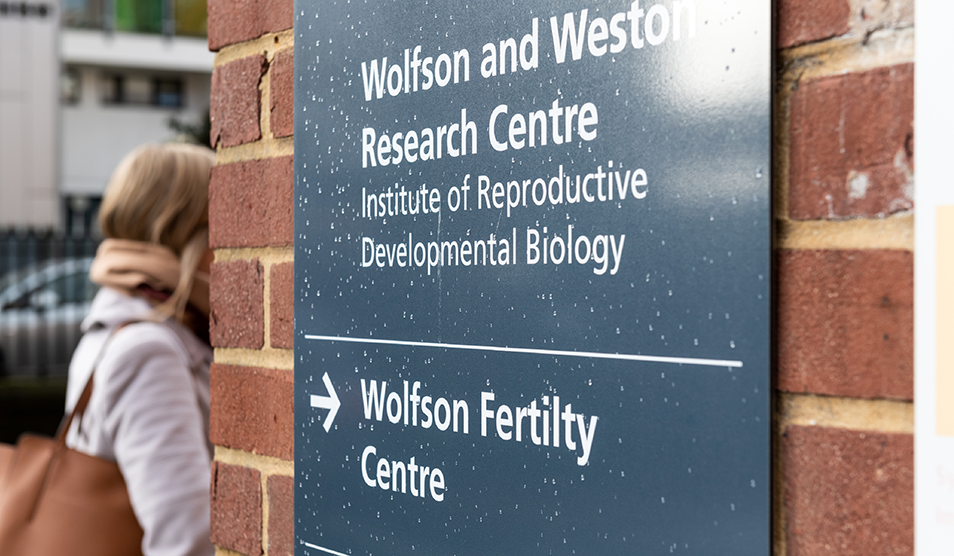Clinicians at Trust awarded £2.2 million funding for twin pregnancy research
Clinicians at Imperial College Healthcare NHS Trust have been awarded a £2.2 million grant to trial a new treatment for a potentially deadly complication that affects some twin pregnancies.
Dr Christoph Lees, Head of Fetal Medicine at Imperial College Healthcare NHS Trust, was awarded the funding from the Medical Research Council (MRC) to carry out the first in human trials to treat twin-twin transfusion (TTTS).
TTTS is a condition that affects 10 to 15 per cent of pregnancies where identical twins share a placenta. If the blood doesn't flow evenly between the twins, one gets more blood, called the recipient twin, while the other gets less blood, the donor twin.The uneven blood flow results in the recipient twin growing too big, due to the extra nutrients and fluid the baby receives, and the donor twin growing too slowly.
Severe cases can be treated by using a laser to destroy the abnormal blood vessels, so that each baby has a separate supply of oxygen and nutrients. However, this involves making a small hole in the womb and carries a risk of infection or miscarriage.
Dr Lees and his team at Queen Charlotte’s and Chelsea Hospital will see whether High Energy Focused Ultrasound (HIFU) can be used to selectively target and destroy placental blood vessels – potentially enabling it to split the placenta in two without the need for an invasive procedure. The grant will be used to recruit 13 patients throughout the UK for the clinical trial, which is due to start in 2018.
Dr Christoph Lees, said: “TTTS is a rare but life threatening condition that can have a devastating impact on families. Each year around 300 babies die as a result of TTTS and there is a need to develop more effective treatments.
“In our previous research findings we have shown that High Energy Focused Ultrasound (HIFU) can be used to block blood flow in small placental vessels. If we could do this non-invasively we could reduce the chance of complications that are associated with current treatments. Our MRC grant will allow us to translate our research findings into humans, potentially delivering better outcomes for patients.”



